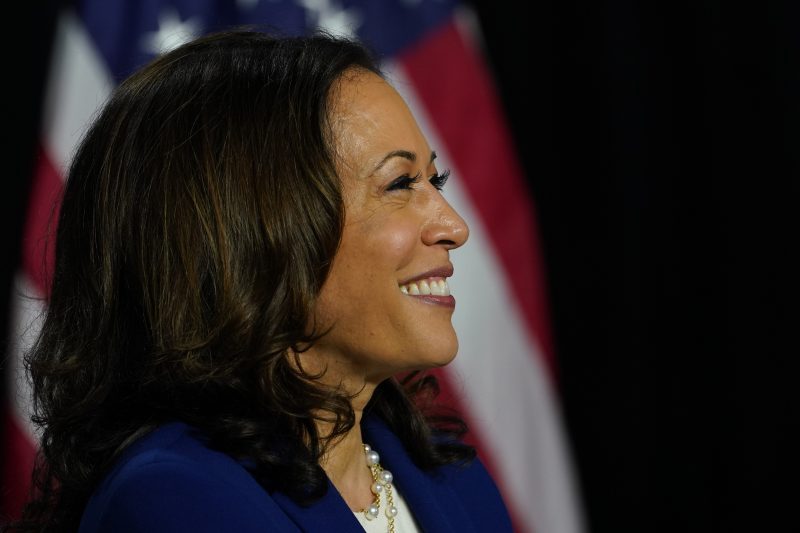**The Impact of Busing School Desegregation on Kamala Harris’s Views of Race**
The topic of school desegregation through busing has long been a contentious issue in the United States. The history of busing in the country is complex and multifaceted, with significant implications for the education system and the broader social fabric of America. Kamala Harris, the first African-American and South Asian-American woman to hold the office of Vice President, has been shaped by her experiences with busing school desegregation in California. Harris’s views on race and equality are deeply influenced by her upbringing and the divisive debates surrounding school integration in the 1970s and 1980s.
Busing was a policy implemented by school districts across the country in response to court-ordered desegregation efforts. The practice involved transporting students from predominantly minority neighborhoods to predominantly white schools, and vice versa, in an attempt to achieve racial balance in classrooms. The goal was to address the systemic inequalities in education that disadvantaged minority students and perpetuated segregation. However, busing was met with fierce opposition from many white families, who saw it as an infringement on their rights and resisted the disruption to their communities.
Kamala Harris grew up in the midst of this heated debate over busing in Berkeley, California. As a child of immigrant parents, Harris was keenly aware of the racial and socioeconomic disparities that existed in her community. She attended both majority-black and majority-white schools, which allowed her to witness firsthand the stark differences in resources and opportunities available to students based on their racial background. Harris’s experiences with busing and school desegregation shaped her views on race and equality, leading her to become a vocal advocate for social justice and educational equity.
Harris has spoken publicly about the impact of busing on her life and career, citing it as a formative experience that instilled in her a sense of empathy and a commitment to fighting for justice. In a speech at the 2019 Democratic National Committee’s African American Leadership Council Summit, Harris described how busing allowed her to see beyond the confines of her own neighborhood and recognize the broader societal forces at play in shaping inequality. She emphasized the importance of creating a more inclusive and equitable education system that provides all students with the opportunity to succeed, regardless of their race or background.
In her role as Vice President, Kamala Harris continues to champion policies aimed at addressing systemic racism and promoting diversity and inclusion in education. She has called for increased funding for schools in underserved communities, as well as initiatives to diversify the teaching workforce and eliminate barriers to educational attainment for minority students. Harris’s experiences with busing school desegregation have undoubtedly influenced her approach to policymaking and her vision for a more just and equitable society.
In conclusion, the legacy of busing school desegregation in America has had a lasting impact on the views and values of leaders like Kamala Harris. Harris’s personal experiences with busing have shaped her commitment to racial justice and educational equity, driving her advocacy for policies that address systemic inequalities and promote inclusivity in education. As Vice President, Harris continues to be a powerful voice for change, drawing on her past to shape a more equitable future for all Americans.


























